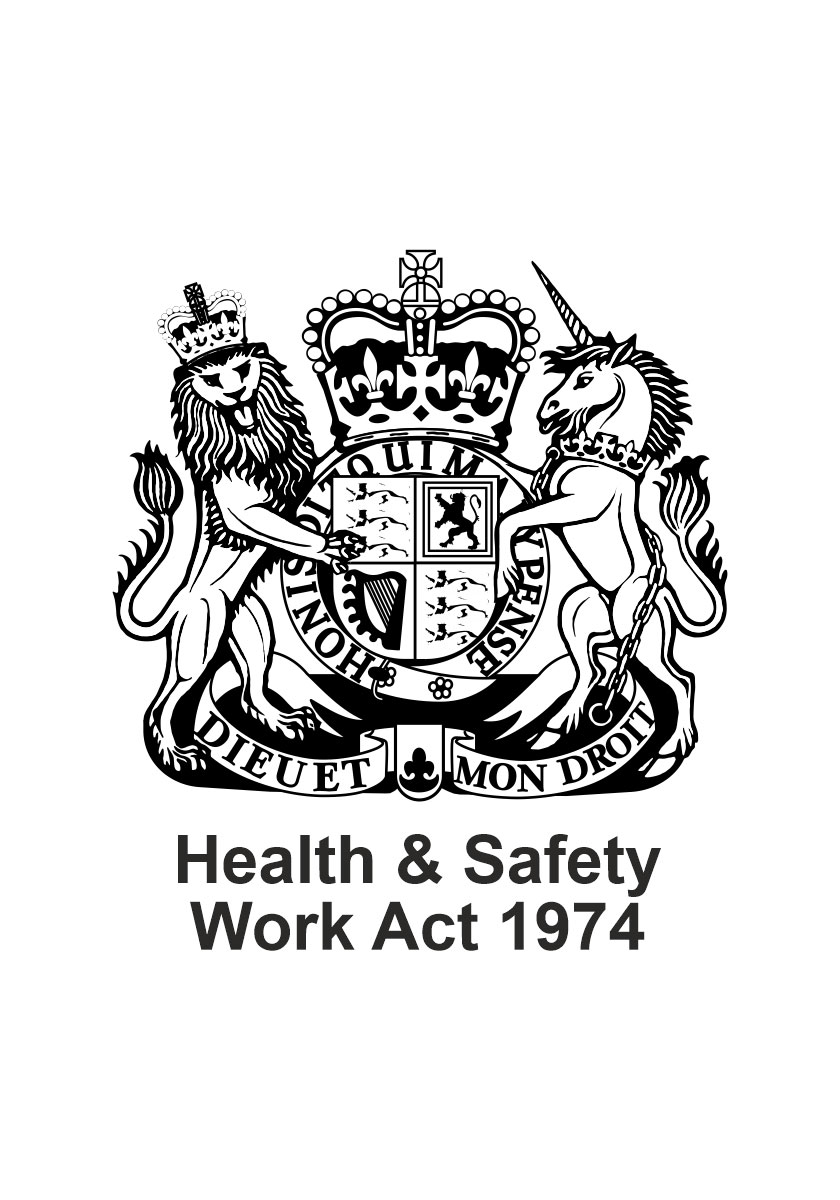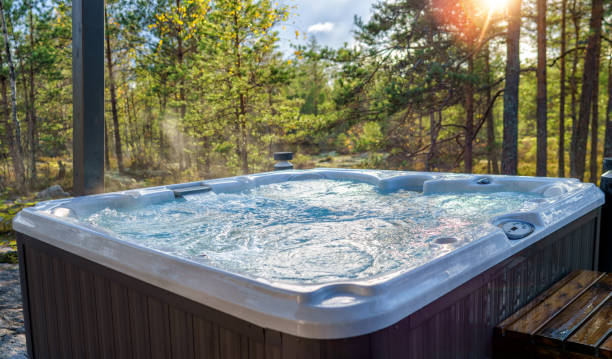Read on for more information regarding the laws and changes in compliance for the Welsh holiday let market.

Wales Holiday Let Rules
The landscape of short-term rentals in Wales is undergoing significant changes due to recent legislative developments. Historically viewed as largely unregulated, short-term rentals have always been subject to certain rules. However, recent legislation and clarification around these rules have pushed compliance to the forefront for property owners and managers.
The Welsh government announced in January 2024 that it will introduce a registration scheme with legislation to be introduced in late 2024.This scheme introduces new regulatory requirements that will have several key implications:
- Increased Costs for Property Owners: Compliance with the new licensing scheme will introduce additional costs for property owners. These costs could include fees for obtaining licenses, potential upgrades to meet safety and quality standards, and administrative expenses related to maintaining compliance.
- Level Playing Field: One of the primary objectives of the new legislation is to ensure a level playing field between individual hosts and professional property managers. By standardizing requirements, the scheme aims to eliminate unfair advantages and foster a more equitable market environment.
- Clear Marketing Requirements: The legislation will provide clear guidelines on what is required to market properties as short-term rentals. This includes transparency in advertising, adherence to safety regulations, and other standards that enhance consumer protection and trust.

Legislation & Owner Responsibilities
Wales Holiday Let Compliance – Property owners have a legal obligation to ensure that any property they rent out, whether on a short-term or long-term basis, is safe and fit for habitation. This responsibility encompasses a wide range of legislative requirements designed to protect renters from unsafe and substandard housing conditions. These regulations apply equally to owners and property managers who rent out properties on a short-term basis. Key areas of responsibility and relevant legislation include:
- Housing Health and Safety Rating System (HHSRS): Under the Housing Act 2004, properties must be free from hazards that could pose a risk to occupants’ health and safety.
- Gas Safety (Installation and Use) Regulations 1998: Requires annual safety checks on gas appliances, fittings, and flues by a Gas Safe registered engineer.
- Electrical Safety Standards: The Electrical Safety Standards in the Private Rented Sector (England) Regulations 2020 mandate that electrical installations be inspected and tested at least every five years by a qualified electrician.
Current Fire Safety Legislation
There are two key areas that property owners need to focus on when it comes to Fire Safety for Wales Holiday Let Compliance.
-
- The Regulatory Reform (Fire Safety) Order 2005: Owners must ensure that properties have appropriate fire safety measures, including smoke alarms, fire extinguishers, and clear escape routes.
- Smoke and Carbon Monoxide Alarm (Amendment) Regulations 2022: Requires landlords to install and maintain smoke alarms on every floor and carbon monoxide detectors in rooms with a solid fuel burning appliance.
Electrical Installation Condition Report (EICR)
An Electrical Installation Condition Report is for the inspection of all electrical installations in a property.
The report will include these three key elements:
- Integrity of all electrical installations within the holiday rental
- A Record of any and all damage to sockets, switches and other installations throughout the house
- Confirmation (or not) that the property complies with all relevant regulations and legislation.
Owners and property managers should refer to the Government Guide for landlords: electrical safety standards in the private rented sector for Wales Holiday Let Compliance
Portable Appliance Testing (PAT)
PAT is an examination of electrical equipment – ie television, fridge and kettle. These appliances need to pass the regulatory test to ensure they are safe in a “working environment”.
PAT testing will consist of the following three elements:
- Check of all electrical equipment in the property
- Visual inspection of the equipment
- A manual examination of the equipment with an appliance tester device.
More information can be found on the government website:
Owner Inspections
The property owner must also conduct regular inspections of all electrical equipment in the property. It is recommended this is done each time a guest leaves and also to keep a record including photos of the checks.
Insurance for Owner & Property
The primary rule is that standard home insurance typically does not cover short-term rentals. Home insurance is designed to protect the property owner, not short-term or long-term renters.
As a minimum, owners will require the following:
- Holiday Rental Insurance
Many providers offer insurance that covers your property while guests are staying. This type of insurance usually provides the same coverage to occupants as standard home insurance. - Accidental Damage Insurance
Many owners assume that Airbnb insurance will sufficiently cover any damage to their property. However, it is wise to have additional insurance to protect against accidental damage to your belongings or property.More details on AirCover can be found here: https://www.airbnb.co.uk/help/article/3227 - Public Liability Insurance
While AirCover (Airbnb host insurance) provides some protection for public liability, it is advisable for owners to purchase their own insurance to protect themselves in case a guest gets injured on their property.
This article provides a detailed oversight of how to manage insurance and issues with owners mortgages to comply with Wales Holiday Let Compliance. https://www.thisismoney.co.uk/money/mortgageshome/article-3386752/How-insure-home-renting-Airbnb.html

Hot Tubs
Installing a hot tub in a holiday rental generally enhances visibility on OTA platforms and allows for higher nightly rates. However, owners must be aware of the legal requirements associated with having a hot tub in a holiday rental. By installing a hot tub and renting the property to guests, owners must comply with the legal obligations under the Health & Safety at Work Act 1974.
This is a useful resource from PASCUK for any property owner looking to install a hot tub – https://www.pascuk.co.uk/reports/
Compliance Checks
Wales Holiday Let Compliance – Much of the online information about how often to check a hot tub pertains to personal use, with recommendations of 3-4 times a week for domestic settings. However, if you are renting a property on a short-term basis, you must adhere to the testing guidelines recommended for commercial operators.
The Health & Safety Guidance 282 (https://legionellacontrol.com/wp-content/uploads/2018/08/hsg282-control-of-legionella-in-spa-pool-systems.pdf) recommends that operators should perform chemical tests at least twice a day.
Hot Tub Checks
i) Chemical Levels
Property owners will need to check on the balance of chlorine, PH levels, the Alkalinity and water hardness.
ii) Monthly/Quarterly biological TestingOperators will need to check for bacteria including tests for Legionella.
iii) Record Keeping
Operators are required to maintain records of all checks carried out.
Wales Holiday Let Compliance Summary
Like the rest of the United Kingdom, the short term rental sector is experiencing increased focus for government to ensure that all properties are safe, they are not impacting local housing needs and that governments can effectively tax the revenue.
Property owners need to ensure that their properties comply with the current legislation and keep a watchful eye for changes in legislation that affects them and the short term rental industry.
Get started easily with a personalised product tour
Compliance doesn’t have to be boring! Book a no obligation demo with one of our sales team to discuss all things compliance…


